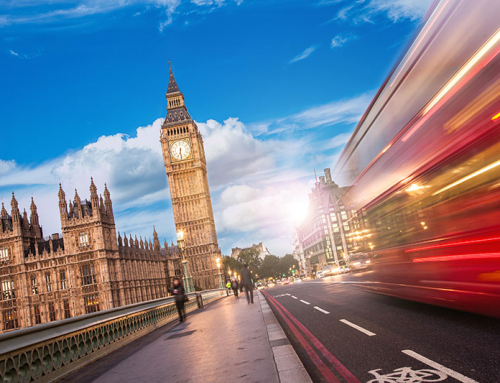Since its inception during the 2008 Great Recession, coworking has come a long way. Preliminary shared office environments consisted of small hubs or “hackerspaces” for freelancers that pined for communal interaction.
The low price point, and flexibility proved attractive for entrepreneurs recovering from the economic disturbance roused by the financial crisis.
As the noughties came to a close; the coworking movement continued to evolve. The small-scale rooms became deftly designed, expertly-branded office space – offering high-end facilities and a vibrant community. Flexible working was on course to revolutionise the entire industry – that’s until it faced the existential threat of the COVID-19 pandemic.

The ‘new normal’
The virus has already forced thousands of businesses to migrate their employees from the head office to their households. Those that do return will likely find a very different company building – but for the majority; working remotely will become the ‘new normal’.
Through the implementation of various technological advancements; employers are noting the ease of the transition to home working – as well as an enhanced level productivity from employees. While working from home is proving highly effective in the short-term; it is not a sustainable solution. Human beings are social animals that crave community and being confined to our individual houses is an inherently isolating experience.
Going forward, many companies will either choose to downsize their leases or look for flexible office space alternatives – rather than committing to a long-term contract during this unpredictable climate. The practicality of dispersing a specific workforce over a wide area, ensures business resilience in event of a second wave – or another future pandemic. Companies will want to avoid their employees sharing the same building or location – perhaps looking favourably toward individual workers fulfilling their specific duties from local coworking spaces.
In the United States; a JLL (Jones Lang LaSalle) conducted survey revealed that only 4.9% of office workers have said they wanted to work exclusively from home going forward, whilst 60.6% planned to split their work time between the office and their homes. These figures reflect the need for a greater work-life balance, as well as the requirement of a workspace that enables deep concentration – something a coworking space would provide.
Making changes
With a vaccine or potential treatment at least a year away – COVID-19 may become a staple of our day-to-day lives for the foreseeable future. While there will be opportunities ahead for shared offices – the virus has presented multiple hurdles that the industry must overcome.
Nearly four months since it was declared a global pandemic; coronavirus has already altered people’s perception of cleanliness and the desire for more frequent disinfection. Forging ahead; coworking spaces will require multiple sanitisation units and tissue boxes. Immaculate office hygiene will be of paramount importance – desks, appliances and restrooms will be cleaner than ever before. Sanitation related coworking policies will need to be revised and new posters will be created to remind coworkers to regularly wash their hands.
Good ventilation will also be of the utmost importance when preventing the spread of COVID-19. Since most offices are sealed, controlled units – an open window can help regulate airflow; providing a fresh, clean and healthy office environment. If there are opportunities to work outside – gardens could also be outfitted with desks/chairs for members to utilise.
Members of coworking spaces should also expect social distancing protocol to be enforced within the workspace. This would involve maintaining a minimum physical distance between coworkers at all times with the help of a modified office layout and more dispersed work stations.
Contactless technology will also prove highly beneficial when reintroducing coworking. Zaha Hadid Architects’ new headquarters for the Bee’ah waste management company in Sharjah, UAE features ‘contactless pathways’, whereby employees rarely need to touch the building with their hands. Office doors open automatically using motion sensors and facial recognition, while lifts – and even a coffee – can be ordered from a smartphone.

CWRK
Targetfollow will enter the realm of coworking. By reconfiguring our initial business plan; we have been able to construct concepts for a stylish office space that retains environmental synchronisation – whilst strictly adhering to social distancing protocol and contemporary hygiene standards.
This new exciting concept in coworking, entitled; CWRK – will offer the ultimate shared office experience for the new decade – coming soon to the heart of Ipswich town. As the world weathers the current crisis; we understand that community is the key to recovery. A shared office environment will be essential in providing people and organisations with the means to support one another through this difficult time.
Visit CWRK’s website for more information!






